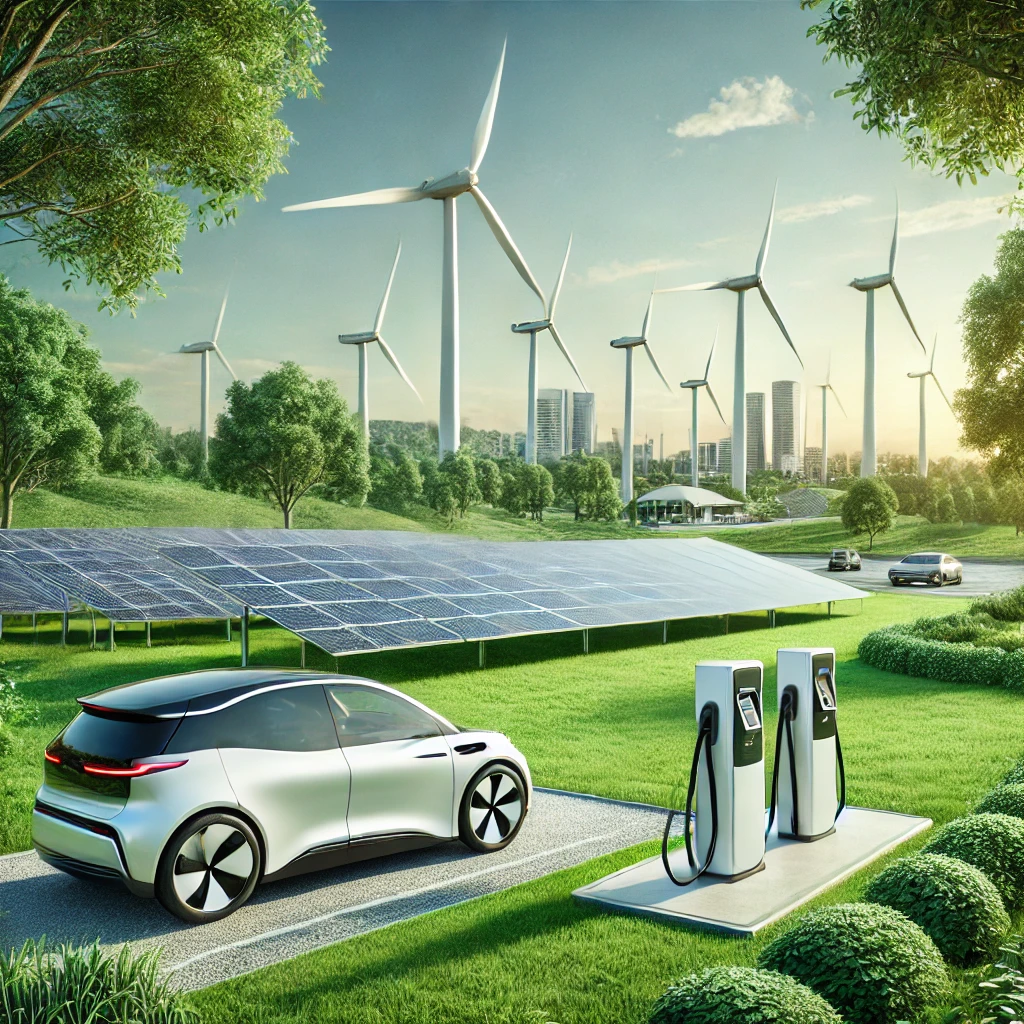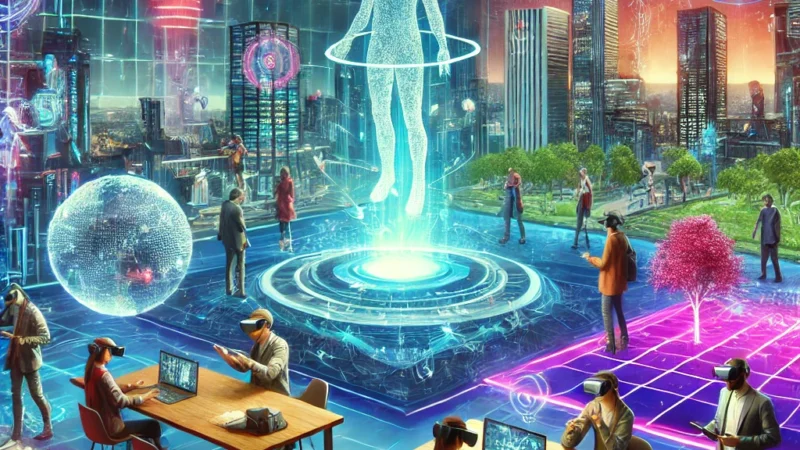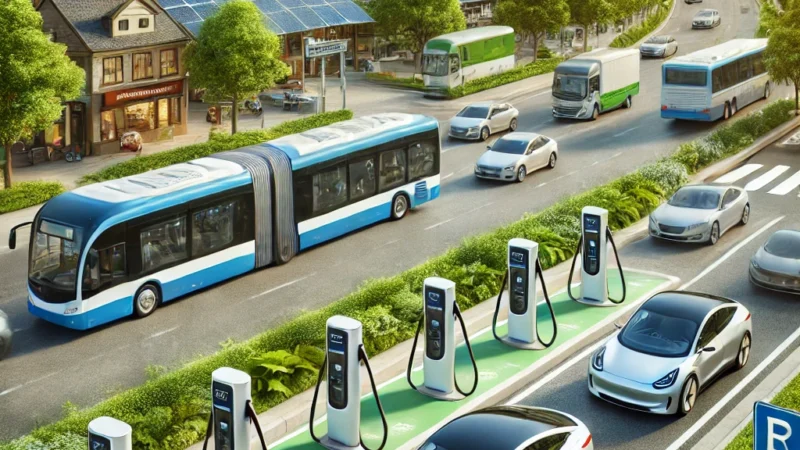Green Tech and Sustainability

Green Tech and Sustainability are at the forefront of innovation as the world shifts towards a more eco-conscious future. Green technology refers to practices and tools designed to mitigate the environmental impact of human activities, promoting sustainability and energy efficiency. Here are key aspects to explore:
1. Renewable Energy
- Overview: Technologies harnessing natural sources like solar, wind, hydro, and geothermal energy to generate electricity.
- Applications: Solar panels, wind turbines, energy storage solutions.
- Impact: Reduced carbon footprint and long-term energy sustainability.
2. Electric Vehicles (EVs)
- Overview: EVs replace conventional gasoline vehicles, using electricity to power transportation.
- Applications: Electric cars, buses, bikes, and charging infrastructure.
- Impact: Reduced air pollution, fewer greenhouse gas emissions, and lower fuel consumption.
3. Sustainable Agriculture
- Overview: The use of technology to increase crop yields with minimal environmental impact.
- Applications: Vertical farming, precision agriculture, drones for monitoring, and eco-friendly fertilizers.
- Impact: Improved food security, reduced water usage, and less dependence on chemical inputs.
4. Energy-Efficient Buildings
- Overview: Innovations that enhance energy efficiency in construction and operations of buildings.
- Applications: Smart thermostats, green roofs, energy-efficient appliances, and sustainable materials.
- Impact: Lower energy consumption, reduced utility costs, and minimized environmental footprint.
5. Waste Management and Recycling
- Overview: Technologies designed to manage, reduce, and recycle waste materials.
- Applications: Smart bins, composting solutions, e-waste recycling, and upcycling.
- Impact: Reduction in landfills, conservation of natural resources, and circular economy promotion.
6. Green Cloud Computing
- Overview: Cloud services optimized for energy efficiency and reduced carbon emissions.
- Applications: Data centers using renewable energy, energy-efficient servers, and eco-friendly cloud platforms.
- Impact: Lowered energy consumption in digital infrastructure and greener tech operations.
7. Water Conservation Technologies
- Overview: Innovative systems aimed at managing and reducing water consumption.
- Applications: Smart irrigation systems, water-efficient fixtures, and rainwater harvesting systems.
- Impact: Reduced water waste, enhanced water recycling, and protection of freshwater sources.
8. Carbon Capture and Storage (CCS)
- Overview: Technologies that capture and store carbon dioxide emissions from industrial processes.
- Applications: Carbon capture plants, CO2 storage systems, and direct air capture technologies.
- Impact: Mitigation of greenhouse gas emissions and combating climate change.
By adopting green technologies, industries and individuals alike can contribute to a sustainable future, reducing our ecological footprint while driving innovation for the next generation. Green tech is not just an environmental imperative but also an economic opportunity in creating cleaner, smarter, and more efficient solutions for the planet.

neelam tyagi
Technical content writer with a master’s degree in Technology and a keen interest in Tech and Information Technology. She has over three years of experience in writing content for various online platforms, such as Boomi Techie, and Tech Mantra. She creates content that educates and empowers readers on topics such as AI, Tech News, and Innovations. She uses clear and concise language to explain complex tech concepts and terminologies.





